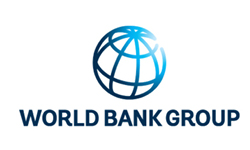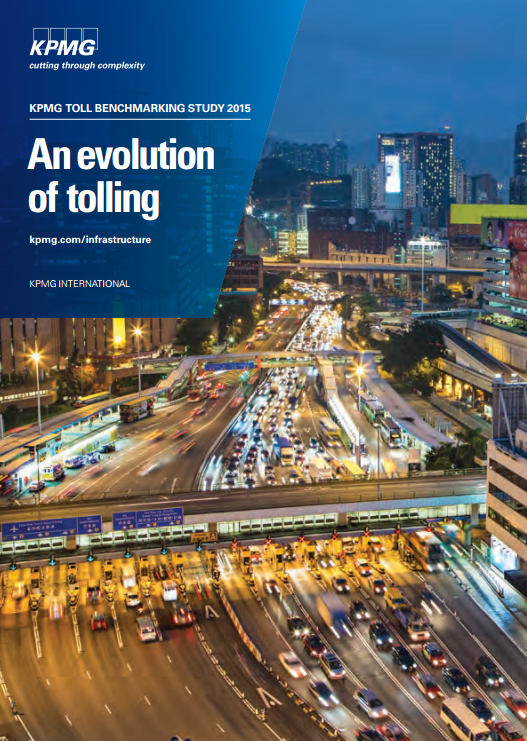Publications
Filter by
489 results found
This policy brief outlines promising ideas to attract instiutional investors to pay for infrastructure they have not convinced pension funds or affluent individuals to invest, especially in emerging economies with untested issuers, The “tax-kicker” bond being proposed here could solve this issue.


A G20 report prepared by the Global Infrastructure Hub reviewing the extent to which Multilateral Development Banks (MDBs) create incentives within their organisations to crowd-in private finance to fund public infrastructure.



This report addresses the critical question: how can the public and private sectors build successful partnerships?



This PPP checklist is an extension of the initial framework.



The Framework provides systematic structure for proactively disclosing information pertaining to PPP Projects.


This second report of the Business Working Group, \"Managing transnational infrastructure programmes in Africa - Challenges and best practices\", identifies the key hurdles that have to be overcome.


This paper provides an overview of the IaDB-designed approach to monitoring rural water supply service delivery.



Overall, the study has taken a broad approach to defining OA - going well beyond the minimalist notion of simply guaranteeing legal access to the grid for generators and wholesale buyers.



This publication consists of analysis on the relationship between GDP growth and traffic growth and converting emerging market growth into investment opportunities.


This publication draws on the Private Sector Participation (PSP) experience of four emerging economies Brazil, Peru, the Philippines, and Turkey based on in-depth case studies by Energy Sector Management Assistance Program (ESMAP).

This report evaluates recent developments regarding public-private partnerships (PPPs) in Latin America.

BCG has identified a series of best practices that underlie successful PPPs.


The Reference Guide attempts to provide the most relevant examples, references and resources to help readers inform themselves on key PPP topics.



The purpose of the present publication, “Towards better infrastructure products: a survey of investor’s perceptions and expectations of infrastructure investment”, is to conduct the first in-depth study of the perceived role by infrastructure assets for investors.


The OECD Recommendation on Public Integrity provides policy makers with a vision for a public integrity strategy.


By delivering efficient, cost-effective and innovative maintenance services, well-designed output and performance-based road maintenance contracts can help maintain road assets and achieve value-for-money.









The efficiency of toll roads is important. Not just for tolling operators, but also for governments, investors and the driving public.



The Port Reform Toolkit is aimed to provide policymakers and practitioners with effective decision support in undertaking sustainable and well-considered reforms of public institutions that provide, direct, and regulate port services in developing countries.




